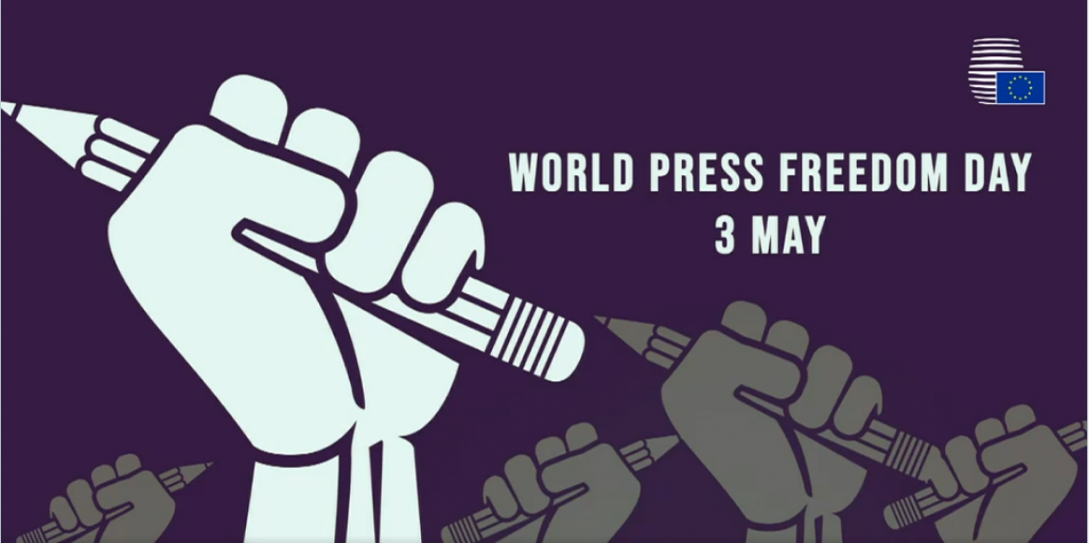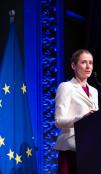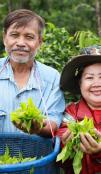"Journalism as a public good" - Op Ed by Khalid al-Hattab On World Press Freedom Day

With the start of the coronavirus vaccination campaign, journalists in Kuwait focused on verifying the news before publishing it especially when it comes to the side effects of the vaccines ( Pfizer and Oxford AstraZeneca are the only ones approved in Kuwait). We were keen when writing our press reports to consult doctors and experts either within Kuwait vaccination centre or asking the spokesperson of the Ministry of Health. Our questions to those experts focused on the impact of vaccination, as we were keen that the answers should have a scientific basis.
I started covering the vaccination campaign with the government’s announcement about the arrival of the vaccine. I also covered the launch of the fairground as the new vaccination centre. Few days after the launch of the new vaccination centre in the fairground, the Kuwaiti Prime Minister HH Sheikh Sabah al-Khalid and other ministers came to the vaccination centre with the attendance of journalists from all media outlets including myself. The aim of the visit was to set an example by getting vaccinated. Following that visit, we continued to cover the activities of Kuwait Vaccination Centre. The turnout to start with was limited because of the limited quantities of the vaccine. However, with the arrival of other batches of the vaccine, the turnout picked up. However, the turnout at first was restricted to the elderly with some vaccine hesitancy as people were reluctant to register for the vaccination. The media in Kuwait played a major role in increasing the turnout on vaccination. Some of the most notable efforts on the part of the media is to have daily highlights from the vaccination centre. Following this intensive media campaign the turnout on vaccination increased from 1000 to 20,000 individuals per day.
The media in Kuwait including my newspaper al-Qabas based their media coverage on accurate field reports from the vaccination centre. The media also relied on medical sources in order to brief the public on the importance of vaccination. The announcement of the Minister of Health during a press conference in Kuwait Vaccination Centre on linking the vaccination to free travel had a positive impact on increasing the turnout on vaccination. Afterwards, I focused on public incentives to encourage people to vaccinate such as discounts in shops and clinics for those who get vaccinated. This positive coverage has contributed to the expanding of the vaccination appeal, which has reached a new high. My colleagues and I have played our role in accelerating the pace of demand on vaccination. The media role in boosting the vaccination campaign shows that journalism could be a vital tool for public good.




